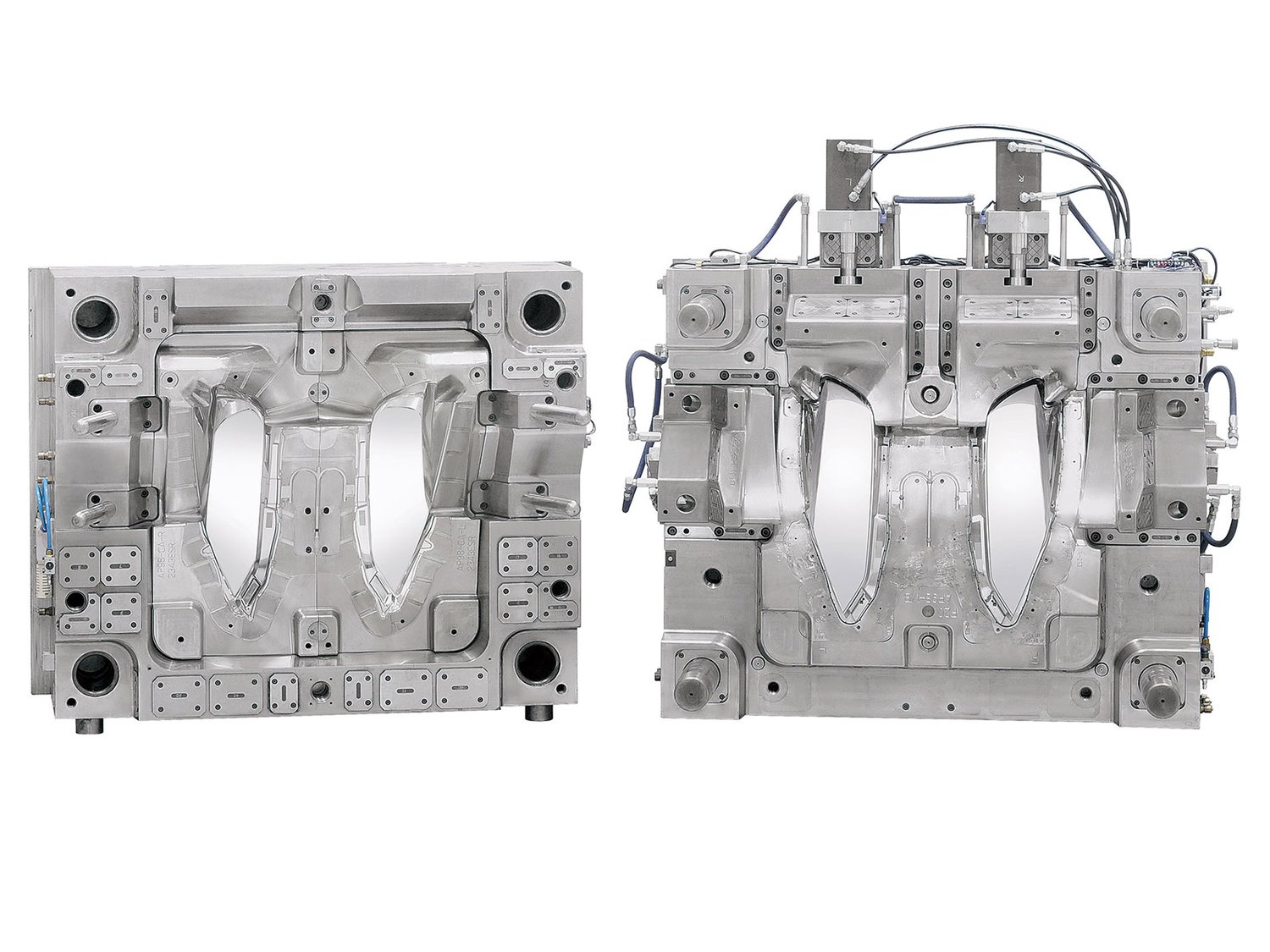The Basics of Mold Machining
Mold machining is a crucial process in the manufacturing industry that involves the creation of precise and intricate molds used in various production processes. This article aims to provide an in-depth understanding of mold machining, its importance, and how it impacts different aspects of manufacturing.
1. The Role of Mold Machining in Manufacturing
Mold machining plays a pivotal role in the manufacturing industry as it enables the production of high-quality and accurate molds. These molds serve as the foundation for creating products across a wide range of industries, including automotive, aerospace, consumer goods, and more. By using advanced machining techniques, manufacturers can create molds with intricate designs and tight tolerances, ensuring the final products meet the desired specifications.
2. Precision and Accuracy in Mold Machining
Precision and accuracy are two critical factors in mold machining. With advancements in technology, manufacturers can now achieve incredibly precise mold dimensions and intricate designs. CNC (Computer Numerical Control) machines are commonly used in mold machining processes to ensure precise cutting, shaping, and finishing. This level of precision allows for the production of high-quality products that meet the strictest standards and customer requirements.
3. Materials Used in Mold Machining
Various materials can be used in mold machining, depending on the specific requirements of the product being manufactured. Common materials include metals such as aluminum, steel, and stainless steel, as well as engineering plastics like ABS, polypropylene, and nylon. The choice of material depends on factors such as strength, durability, heat resistance, and cost-effectiveness. Manufacturers carefully select the appropriate material to ensure the mold can withstand the production process and produce high-quality products consistently.
4. Different Types of Mold Machining Techniques
Mold machining encompasses a range of techniques, each suitable for specific applications. Some of the commonly used techniques include:
- CNC Milling: This technique involves using rotating cutting tools to remove material from a solid block, creating the desired shape.
- CNC Turning: In this technique, a cutting tool is used to remove material from a rotating workpiece, resulting in cylindrical shapes.
- EDM (Electrical Discharge Machining): EDM uses electrical sparks to remove material from the mold, allowing for intricate and complex designs.
- Wire EDM: This technique uses a thin electrically-charged wire to cut through the mold material with high precision.
5. Importance of Mold Machining in Product Development
Mold machining is a critical step in the product development process. It enables manufacturers to create prototypes and test the functionality and design of a product before mass production. By having accurate molds, manufacturers can identify and address any potential issues or improvements early on, saving time and cost in the long run. Mold machining allows for efficient product development cycles and ensures that the final product meets the desired specifications.
6. Enhancing Efficiency and Productivity
Efficiency and productivity are key considerations in any manufacturing process. Mold machining plays a significant role in enhancing these factors by allowing for faster production cycles and reducing material waste. With advanced machining techniques, manufacturers can optimize the mold design and production process, resulting in shorter lead times and increased productivity. By reducing manual labor and human errors, mold machining contributes to overall efficiency in manufacturing operations.
7. The Impact of Mold Machining on Product Quality
Mold machining directly impacts the quality of the final product. Precision machining ensures that the molds produce consistent and accurate products, meeting the required specifications. High-quality molds also minimize the occurrence of defects, such as warping, uneven surfaces, or incorrect dimensions. By investing in top-notch mold machining processes, manufacturers can maintain a high standard of product quality, leading to customer satisfaction, improved reputation, and repeat business.
8. Cost Considerations in Mold Machining
Mold machining can be a significant investment for manufacturers, but it is crucial to consider the long-term cost benefits. While initial costs may be higher, precision machining reduces the likelihood of errors and rework, ultimately saving costs in the production process. Additionally, high-quality molds have a longer lifespan, reducing the need for frequent replacements. By prioritizing mold machining, manufacturers can achieve cost savings in the long run and ensure a high return on investment.
9. Advancements in Mold Machining Technology
The field of mold machining continues to evolve with advancements in technology. Manufacturers now have access to state-of-the-art CNC machines, CAD/CAM software, and 3D printing technologies, enabling faster and more efficient mold production. These technological advancements not only improve the precision and accuracy of molds but also offer greater flexibility in design iterations and customization. Staying up to date with the latest mold machining technologies is essential for manufacturers to remain competitive in the industry.
10. The Future of Mold Machining
As manufacturing processes continue to evolve, mold machining will play an increasingly vital role. The demand for complex and customized products is growing, and mold machining will enable manufacturers to meet these demands effectively. Advancements in automation, robotics, and artificial intelligence are also expected to further enhance mold machining processes, increasing efficiency, precision, and productivity. Embracing these technological advancements will be crucial for manufacturers looking to stay ahead in the ever-evolving manufacturing industry.

